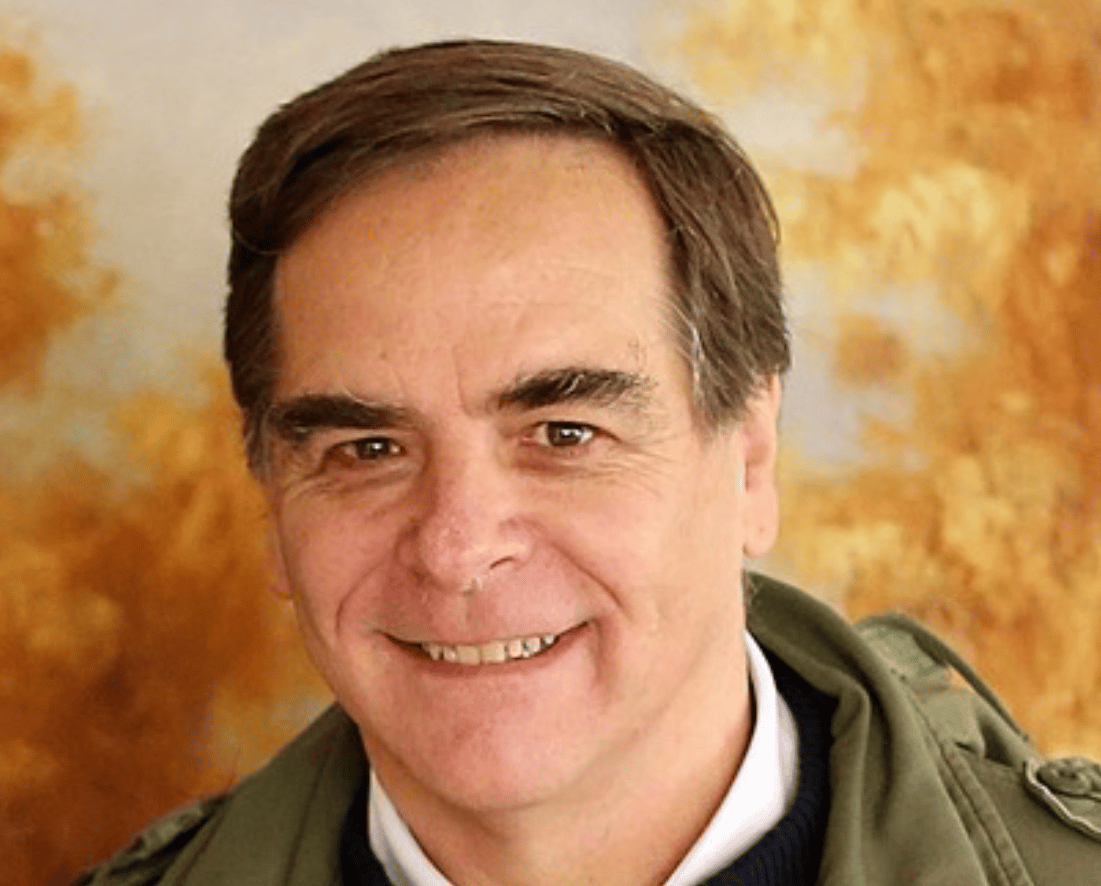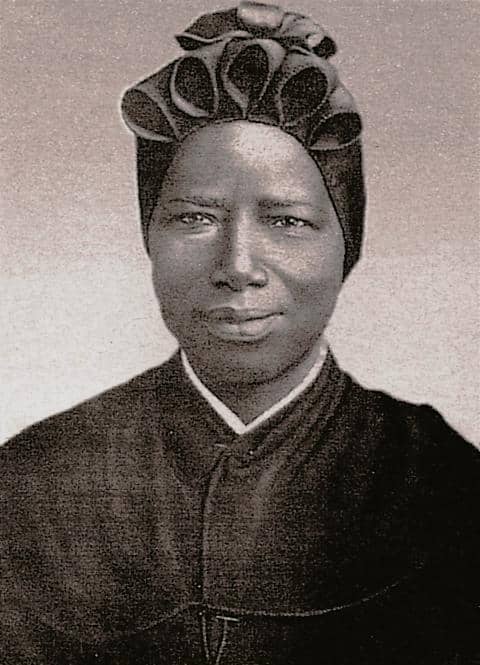Bishops who gather next month at the Vatican to discuss family issues are not expected to put the church’s ban on artificial contraception up for debate, but they will address the how married couples deal with matters of family planning in societies that have largely embraced its use.
And that could mean a discussion of the famous Hobby Lobby case in the United States and other lawsuits brought by Catholic entities around contraception.
The four American bishops participating in the synod on the family will almost certainly bring up the church’s central role here fighting government-mandated insurance coverage of contraception, and point to the dozens of religious organizations, several of which are Catholic, challenging the law in court. Cardinal Timothy Dolan of New York and Archbishop Joseph Kurtz of Louisville, who is also president of the US Conference of Catholic Bishops, have had starring roles in the ongoing drama, which bishops say is a fight for religious liberty.
In June, the Supreme Court ruled 5–4 that the government cannot force “closely held” for-profit corporations to cover employees’ birth control. Though there is still uncertainty as to how this will apply broadly in the business community, the court defined it as corporations that are at least 50 percent owned by five or fewer people.
The plaintiffs – Hobby Lobby, a chain of craft supply stores based in Oklahoma and owned by Evangelical Christians, and Mennonite Conestoga Wood Specialties — argued that they should not have to cover some types of contraception mandated by the Affordable Care Act because they essentially cause abortions. Even though that’s a view disputed by the medical community — for example, many doctors say the morning-after pill doesn’t prevent the implantation of a fertilized egg; rather, it delays ovulation, just like regular birth control — a majority of the court agreed with the argument against the mandate.
But it wasn’t just Hobby Lobby that challenged parts of the Affordable Care Act. Here’s a rundown of where things currently stand:
Perhaps the most high-profile Catholic challenge comes from the Little Sisters of the Poor, a Baltimore-based religious community that runs homes for the poor and elderly.
Earlier this month, the federal government announced that it would press on with a case against the nuns in an effort to get them to comply with the law.
Even before the Hobby Lobby case, the Department of Health and Human Services said that nonprofit religious employers could opt-out of the mandate by notifying their insurance providers with a signed form that stated their objection to paying for contraception coverage. The insurance company would then provide that part of the coverage themselves and receive a reimbursement from the government to cover the costs.
The Little Sisters of the Poor rejected this provision, saying that they would be complicit in providing drugs that prevent conception, and in their eyes, end human life. Once again the Supreme Court agreed, issuing an emergency injunction in January.
On Aug. 22, the Administration announced a compromise, which stands as the current policy, in which religious employers — and eventually some private companies — notify the government of their objection. The government then works with insurance companies to provide contraception coverage.
A statement issued by HHS said that the compromise would “balance our commitment to helping ensure women have continued access to coverage for preventative services important to their health, with the administration’s goal of respecting religious beliefs.” It is meant to address concerns from religious nonprofits as well as “closely held” private businesses like Hobby Lobby. (The government and courts are figuring out what “closely held” means in practice.)
The Little Sisters and Catholic bishops rejected the compromise, saying that even though they themselves wouldn’t have to pay for the coverage, they still would have to direct third parties (insurance companies) to provide coverage they find morally objectionable.
“The regulations would only modify the ‘accommodation,’ under which the mandate still applies and still requires provision of the objectionable coverage,” Kurtz said last month. He said the compromise, by applying to only certain private companies, would “reduce, rather than expand, the scope of religious freedom.”
Some Catholic critics attacked the new rules from the other side, saying that Catholic parishes and dioceses should not be exempt from the rules, as the law is currently written.
Calling the new rule a “farce,” Catholics for Choice president Jon O’Brien said last month that “the administration is bending over backwards to appease its biggest critics. The US Conference of Catholic Bishops will not rest until every employer has the right to opt out of this benefit.”
But lawyers from the Becket Fund for Religious Liberty, who represent the Little Sisters, say the issue is using the Little Sisters’ insurance plan, provided by the Catholic company Christian Brothers, as a vehicle for providing contraception coverage.
“The federal government has many ways to deliver contraceptives. There’s no reason it should force nuns to do that for them,” said Adele Keim, an attorney at the Becket Fund.
Arguments are expected to begin in December in the Tenth Circuit Court of Appeals in Denver.
The Little Sisters is just one of several cases brought by Catholic organizations. In most cases, judges have sided with religious organizations, granting injunctions while various cases wind through the courts.
The Catholic Diocese of Greensburg, Penn., won a permanent injunction in August against implementing the mandate, which the government is expected to appeal. The judge in that case, Arthur J. Schwab, wrote that the way the mandate as it stood “entangl[ed] the Government in deciding what comprises ‘religion.’” He went on to say that “it is not in the public interest to allow the Government to sever the Catholic Church into two parts (i.e., worship and faith, and ‘good works’)”.
That is the argument made by the Archdiocese of Washington, which is part of a federal lawsuit in Washington, D.C., along with the Catholic University of America and Priests for Life. In a brief filed last week, the Archdiocese said the “new regulations continue to artificially divide the Church into two separate spheres and deny a full religious exemption to those parts of the Church that extend their ministries into the charitable and educational realms.”
The Eternal Word Television Network (EWTN) was granted an injunction in June while it prepares an appeal, freeing the Alabama-based Catholic news organization from paying millions of dollars in penalties.
But in others, the administration has prevailed.
In June, another federal judge rejected similar claims brought by Catholic Charities of the Archdiocese of Philadelphia, which argued that while filling out the form objecting to coverage was not burdensome, it would nonetheless link the church to contraception coverage. The Archdiocese of Philadelphia immediately filed an appeal and it was granted a temporary injunction pending a ruling.
A suit brought by the University of Notre Dame in 2012 has been tied up in courts for more than two years. This past February, a judge ruled against the university’s request for an exemption, and a federal appeals court rejected the university’s request for a new trial in May. According to Politico, the university is providing contraception coverage while it prepares an appeal to the Supreme Court, where experts expect a ruling that will ultimately decide many of these cases.
As lawsuits and appeals move forward here, in Rome, American bishops will frame contraception not as a private matter between couples, as some Catholics hold the issue, but as a fight for religious liberty in an increasingly secular society.













